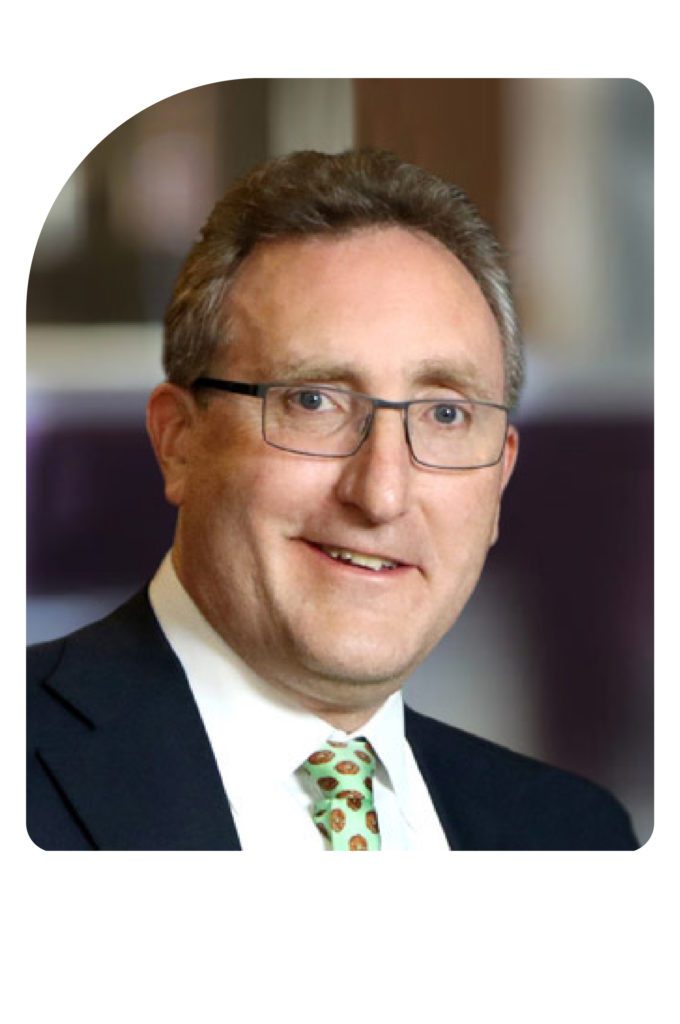July 26, 2022
Listen Now or on Your Favorite Podcast Platform
The Problem
Society has taught us, intentionally or not, that we should be “normal.” That our value is dependent on our contributions to the world around us. This perspective often makes the term “disability” alienating and disempowering. People with disabilities may feel the need to overcompensate for their disability. Or to hide who they are to appear “normal.” And as a result, they struggle when they can’t meet these societal standards.
We need to break this mold. People with disabilities should be proud of who they are and what they can do. And, they should be able to find community with others who have similar experiences.
Join Holly and Michael as they talk with Andy Imparato, Chief Executive Officer of Disability Rights California. They discuss the benefits of having a positive disability identity. Also, Holly speaks about her disability identity for the first time.
What We Can Do About It
It’s easy to get paralyzed by the feeling that we can’t make a difference. But helping out can be a lot simpler than we think.
Step 1: Explore Your Disability Identity
If you are a person with a disability, explore your disability identity. Have you found a community of people who may be experiencing the same things you are? You can lean on them for support and understanding.
If you aren’t a person with a disability, how can you support those around you who are disabled?
Step 2: Advocate for Disability History to be Taught in Schools
Only a few states require that disability history be taught in schools. We want to change that. YO! Disabled and Proud has a toolkit on their website about disability history. They also have a sample letter to send to your members of Congress. Help us advocate for new laws requiring disability history be added to school curriculums.
Step 3: Support YO! Disabled and Proud
Youth Organizing! Disabled and Proud, also known as YO!, is a program for disabled youth ages 16-28. Based in California, YO! gives youth with disabilities opportunities in leadership, as well as a social network and resources. They work on advocacy campaigns, provide disability-focused mentoring, and connect youth to volunteer opportunities.
Boom. You’ve made a difference.

Andy’s Story
Andy Imparato is the Executive Director of Disability Rights California. As a disability rights lawyer, Andy worked to advance disability policy. He has testified nine times before Committees of the US Senate and House of Representatives. He also played a role in creating and passing the ADA Amendments Act in 2008. But, he is best known for his mentorship of emerging leaders with disabilities. Andy self-identifies as a person with a disability. He uses his lived experience with bipolar disorder to inform his work.
Get More Information on Disability Identity
What is Disability Identity?
- Disability Studies Quarterly – An in-depth review of formalized supports around disability identity.
- Tennessee Works – This article dives deep into why disability identity development is important.
- The Disability Press – “Disability identity is about stories, having the space to tell them, and an audience which will listen.”
- RUH Global Impact – The authors of this article discuss the impact of disability identity on a global scale.
Research around Disability Identity
- Rehabilitation Psychology – Dr. Anjali Forber-Pratt’s research determined that identity development is a social process.
- Journal of Vocational Rehabilitation – The four types of integration in disability identity development.
- National Library of Medicine – This study found interviewees using a dual-directional identity. Participants did this as a way to defend their personhood to non-disabled outsiders.
- American Psychological Association – A 2005 study found having a stronger disability identity predicted lower instances of depression and anxiety for people with Multiple Sclerosis.
- St. Catherine University – This article questions the nondisabled normalcy that permeates our culture.
Personal Stories
- Amazon – ‘Hit Refresh: The Quest to Rediscover Microsoft’s Soul and Imagine a Better Future for Everyone‘ is a novel by Satya Nadella. He is a parent of two disabled children.
- Paul Smyth – This blog post is what the author wishes he could tell his younger self about disability identity.
- Love Disabled Life – A review of the children’s book ‘We Move Together.’
- Office of Special Education and Rehabilitative Services – “Forming a Disability Identity as a Dyslexic” is a blog post by Rachelle Johnson.
